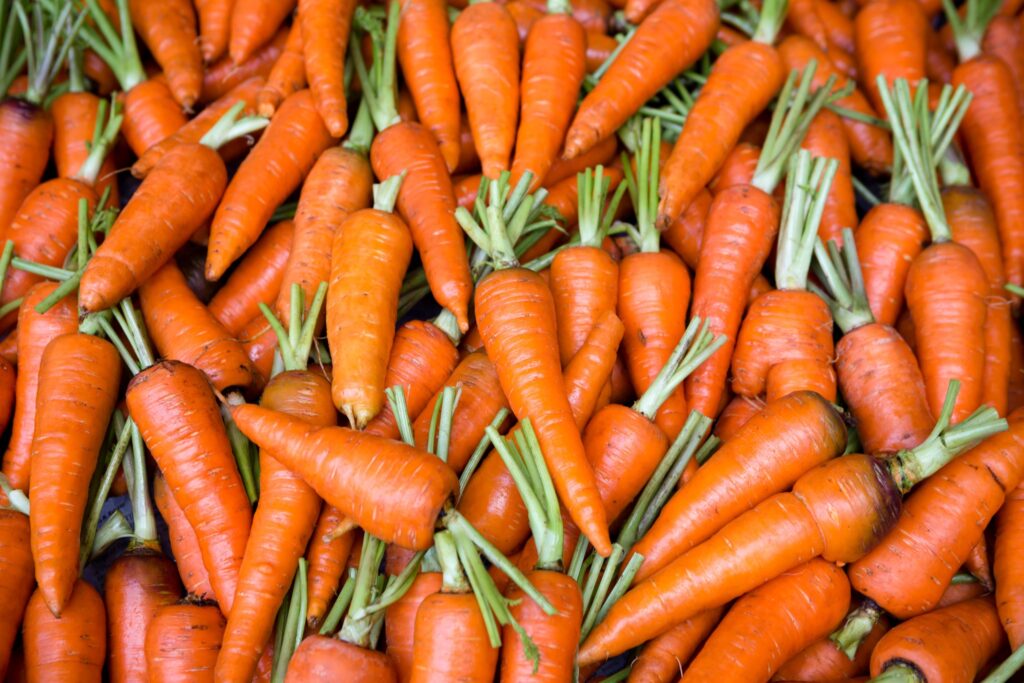Do Carrots Really Improve Eyesight? The Truth Behind the Myth
Carrots have long been associated with good vision, but is there any truth to the claim that eating them can actually improve eyesight? This belief dates back centuries, with historical myths attributing carrots to curing everything from snakebites to sexually transmitted diseases. During World War II, the British Royal Air Force further cemented this idea when they credited skilled fighter pilot John “Cats’ Eyes” Cunningham’s exceptional night vision to a steady diet of carrots.
While this story may have been a clever wartime tactic, there is a kernel of truth behind the connection between carrots and vision health. But before you start loading up on carrots in hopes of ditching your glasses, let’s explore the science behind how carrots and other foods contribute to eye health.
How Carrots Support Vision Health
Carrots are rich in beta-carotene, a naturally occurring pigment that plays a key role in maintaining eye health. Beta-carotene belongs to a group of compounds called carotenoids, which give many orange and yellow fruits and vegetables their vibrant color.
Other foods that are excellent sources of beta-carotene include:
- Sweet potatoes
- Mangoes
- Pumpkins
- Apricots
- Cantaloupe
Beta-carotene is also present in certain animal-based foods such as egg yolks, liver, and dairy products like milk and cheese.
Once consumed, beta-carotene is converted into vitamin A, an essential nutrient for eye health. Vitamin A helps prevent cataracts and macular degeneration, the world’s leading cause of blindness. In developing countries, vitamin A deficiency is the number one cause of preventable blindness.
A lack of vitamin A can also result in xerophthalmia, a condition that impairs the eye’s ability to produce tears, leading to dryness, swollen eyelids, and even corneal ulcers. In extreme cases, vitamin A deficiency can lead to permanent blindness.
However, if your vision problems are not caused by a vitamin A deficiency, eating more carrots won’t improve your eyesight. While a nutrient-rich diet can help maintain healthy vision, it won’t reverse nearsightedness, farsightedness, or other common refractive errors that require corrective lenses.
Beyond Beta-Carotene: The Role of Lutein in Eye Health
Carrots don’t just contain beta-carotene—they are also a source of lutein, an important antioxidant that plays a role in protecting vision.
Lutein is known for increasing pigment density in the macula, the central part of the retina responsible for sharp, detailed vision. A higher macular pigment density is associated with a lower risk of macular degeneration, helping to keep your retina protected from damage.
While carrots provide some lutein, dark leafy greens are even better sources of this powerful antioxidant. Foods rich in lutein include:
- Spinach
- Kale
- Swiss chard
- Collard greens
Including a variety of these nutrient-dense foods in your diet can further support long-term eye health.
Can You Eat Too Many Carrots?
While carrots are generally harmless and a great addition to a balanced diet, consuming them in excessive amounts can cause a condition called carotenemia. Since beta-carotene is a pigment, eating large quantities can temporarily turn your skin orange, particularly on your hands and feet.
Although this condition is not dangerous, it may be a sign of an imbalanced diet. If you notice changes in your skin color after eating a lot of carrots, it’s best to consult a healthcare professional to ensure you’re maintaining a well-rounded diet with a variety of essential nutrients.
Your Diet and Eye Health: When to See an Optometrist
While a healthy diet rich in vitamin A and lutein is essential for maintaining good vision, it’s only one piece of the puzzle. If you experience vision changes, dry eyes, or other concerns about your eyesight, diet alone may not be enough to address the issue.
Regular eye exams are crucial for detecting and managing vision problems early. If you have concerns about how your diet affects your vision or if you need a new prescription for glasses or contacts, our team of vision professionals is here to help.
Schedule an Eye Exam Today
Take a proactive approach to your vision health. Book an appointment with one of our caring optometrists today:
📍 The Optometrists’ Clinic – Call 780-488-0944
📍 Capilano Eye Centre – Call 780-469-2020
📍 Mayfield Eye Centre – Call 780-486-2020
📍 Leduc Eye Centre – Call 780-986-2020
📍 Westlock Eye Centre – Call 780-349-3702
Your eyesight is worth protecting—schedule your visit today and see the difference a professional eye exam can make!




